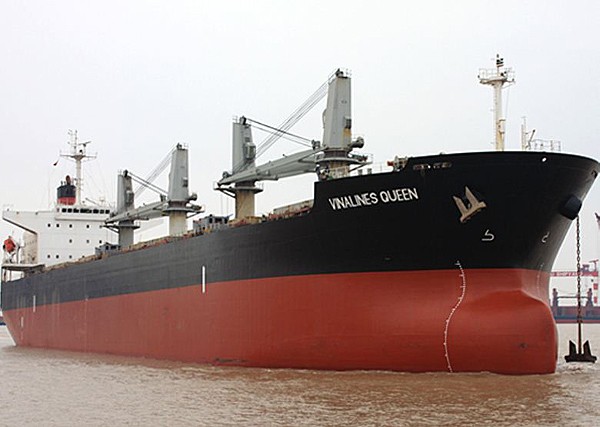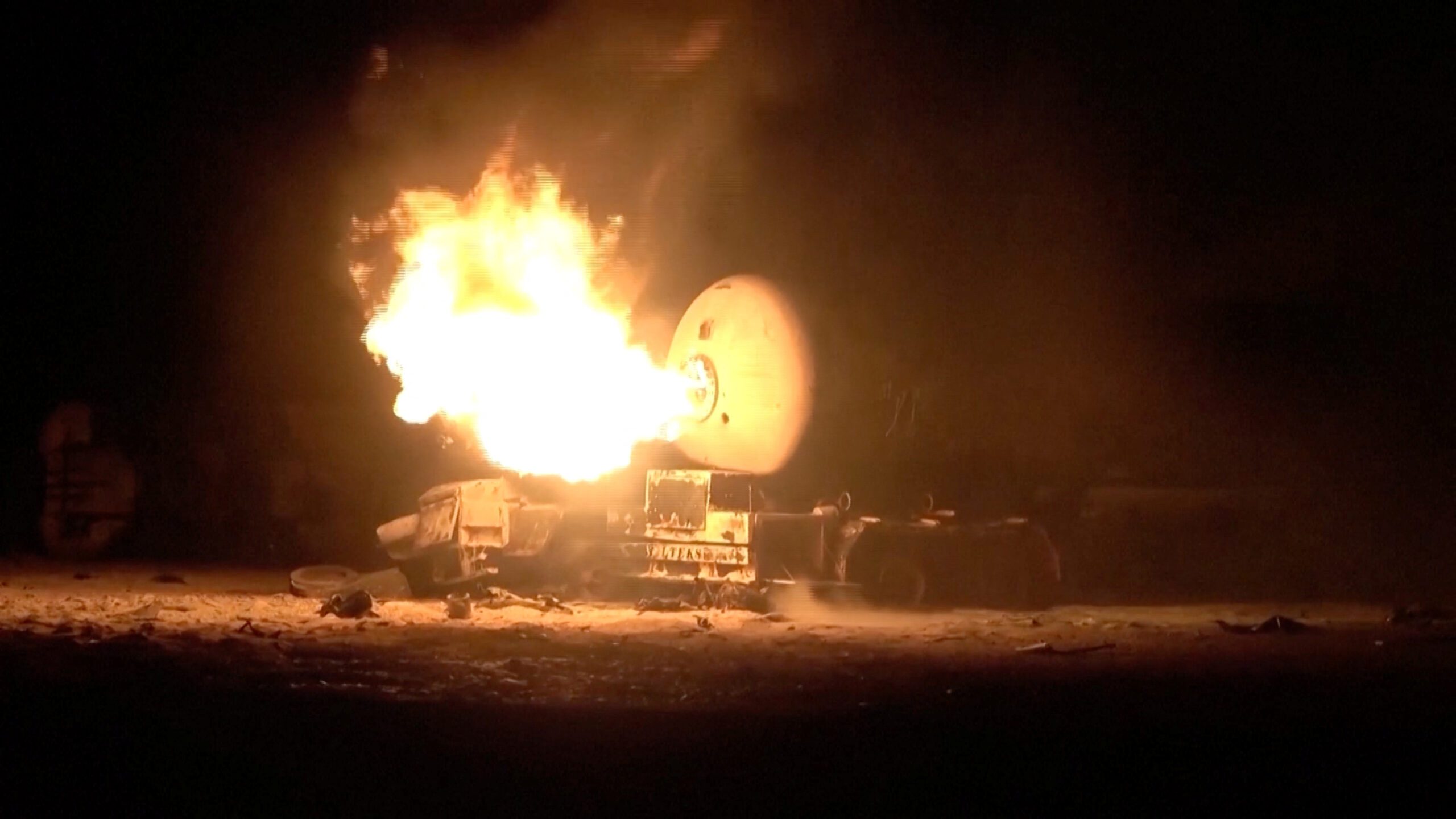22 seafarers lost their lives when the Vinalines Queen sank, a disaster attributed to nickel ore liquefaction.
 By Silvia Antonioli and Jonathan Saul
By Silvia Antonioli and Jonathan Saul
LONDON, July 24 (Reuters) – Measures to tackle high moisture content in iron and nickel ores shipped across oceans have increased awareness of the risks of cargoes liquefying and capsizing ships, leading to rejections of cargoes on safety grounds.
The problem, which has already affected the export of iron ore from West Africa and South America in the past, is also being detected in other places, including Ukraine.
At least four ships were lost between 2010 and 2011 due to cargo liquefaction and lives were lost in each incident, according to international trade association Intercargo.
Intercargo, which represents the interests of more than 160 dry cargo ship owners and operators, said it was also aware of a further vessel lost in early 2013 under similar circumstances.
Moisture can get into ores via rainfall and can transform powdery materials, such as fines and concentrates, into an unstable, muddy substance which can endanger ships.
Although weather conditions are unpredictable, miners and traders can test to discover the maximum moisture content that each type of ore can absorb before becoming liquid and can compare this limit with the humidity contained in the material at the time of loading.
“When bulk cargoes shift or liquefy, as a consequence of poor loading procedures, the consequences can be massive. Ships may capsize, lose stability or sustain severe structural damage,” a spokesman for ship insurer UK P&I Club said.
“Such happenings enhance the risks — and the occurrence –of death, injury, insurance claims, operational delay and considerable expense.”
Iron ore fines and concentrate as well as nickel ore and cement are classified under the international maritime code as group A cargo or material that is prone to liquefaction.
“There has been increasing awareness of the potential for problems when transporting class A cargoes for some time, in particular the potential for problems with iron ore fine and nickel ore cargoes,” a spokesman with the International Chamber of Shipping association said.
“Quite often it has been found that the test equipment used has been either inadequate or incorrectly set-up.”
In the latest development, some cargoes of iron ore concentrate and fines presented for loading at the Ukrainian port of Yuzhny have recently been rejected due to excessive moisture content, a letter issued by top ship insurers said.
As a consequence the loaded cargoes were discharged back to shippers in port.
Yuzhny port said it had no problems with cargo handling.
“Reports of excessive moisture content in cargoes have no factual basis,” it told Reuters in a statement.
Yuzhny handled 23 million tonnes of cargoes in 2012 and 11.5 million in the first half of 2013. Half of this year’s volume were ores.
SAFETY CONCERNS
Industry experts said that at times discrepancies had been found between transportable moisture content limits (TML) stated on cargo declarations and those recorded after independent testing, raising safety concerns.
While providing a TML certificate used to be a voluntary practice, it became compulsory earlier this year under an international code.
With the regulation coming into force, demand for tests to obtain such certificates has increased significantly, a source at a testing laboratory said.
“I think by now the majority of iron ore producers, certainly the big ones, are accepting their responsibility,” the laboratory source said.
“Obviously there are differences in commercial pressures and safety pressures.”
Iron ore miners in West Africa have also been affected by excessive moisture and have seen a reduction in shipments due a particularly wet season between June and September last year.
The miners are taking steps to prevent a repeat this year.
ArcelorMittal had a large open sided cover built in the Port of Buchanan, Liberia, that should protect the iron ore before loading onto cargo ships.
African Minerals, which had to stop shipments for a few weeks last year due to wet weather, hopes things will be better this year since it obtained a new facility to blend iron fines with more solid material.
It has also bought an automated reclaimer which collects ore from top of an ore pile, rather than from the more humid bottom, before loading it on a ship. This gives the bottom of the pile more time to dry out.
“We learnt a lot through the rainy season last year and we have got a strategy in place to cope with it this year,” a spokesman for the company said. “The rainy season it has only just started and so far it is going fine.” (Additional reporting by Olzhas Auyezov in Kiev; editing by Keiron Henderson)
(c) 2013 Thomson Reuters

 Join The Club
Join The Club










